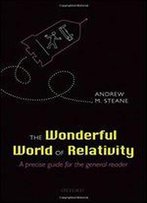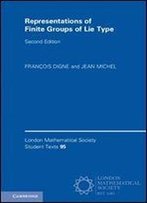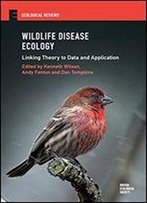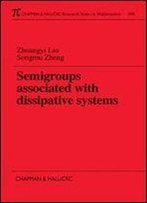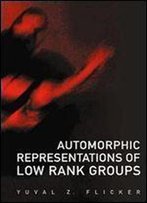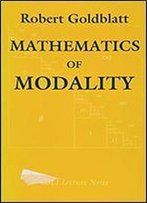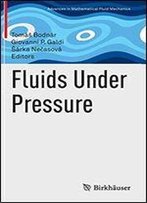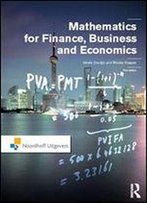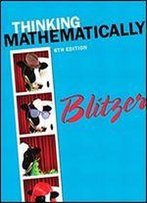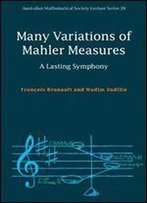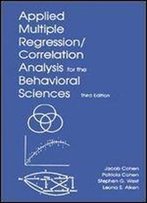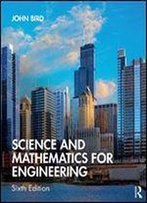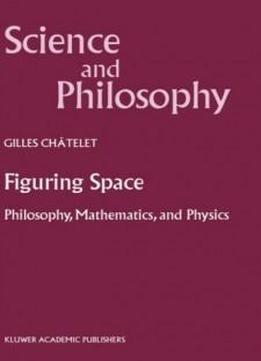
Figuring Space: Philosophy, Mathematics And Physics (science And Philosophy)
by Gilles Châtelet /
1999 / English / PDF
12.8 MB Download
In
InFiguring Space
Figuring Space Gilles Châtelet seeks to capture the
problem of intuition of mobility in philosophy, mathematics and
physics. This he does by means of virtuality and intensive
quantities (Oresme, Leibniz), wave-particle duality and perspective
diagrams, philosophy of nature and Argand's and Grassman's
geometric discoveries and, finally, Faraday's, Maxwell's and
Hamilton's electrophilosophy.
Gilles Châtelet seeks to capture the
problem of intuition of mobility in philosophy, mathematics and
physics. This he does by means of virtuality and intensive
quantities (Oresme, Leibniz), wave-particle duality and perspective
diagrams, philosophy of nature and Argand's and Grassman's
geometric discoveries and, finally, Faraday's, Maxwell's and
Hamilton's electrophilosophy.
This tumultuous relationship between mathematics, physics and
philosophy is presented in terms of a comparison between
This tumultuous relationship between mathematics, physics and
philosophy is presented in terms of a comparison betweenintuitive
intuitivepractices
practices and
andDiscursive
practices
Discursive
practices. The following concepts are treated in detail: The
concept of virtuality; thought experiments; diagrams; special
relativity; German Naturphilosophie and `Romantic' science.
. The following concepts are treated in detail: The
concept of virtuality; thought experiments; diagrams; special
relativity; German Naturphilosophie and `Romantic' science.Readership:
Readership: The book does not require any considerable
mathematical background, but it does insist that the reader quit
the common instrumental conception of language. It will interest
professional philosophers, mathematicians, physicists, and even
younger scientists eager to understand the `unreasonable
effectiveness of mathematics'.
The book does not require any considerable
mathematical background, but it does insist that the reader quit
the common instrumental conception of language. It will interest
professional philosophers, mathematicians, physicists, and even
younger scientists eager to understand the `unreasonable
effectiveness of mathematics'.
